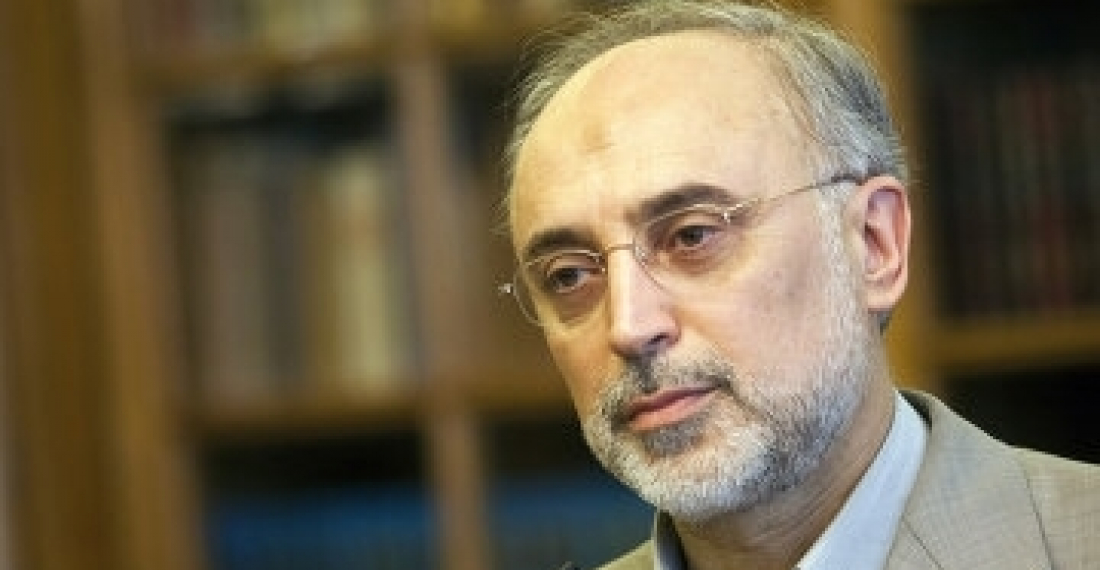There are no usual neighborhood problems between Armenia and Iran, Foreign Minister of Iran Ali Akbar Salehi said in a press conference with his Armenian counterpart, Tuesday.
He said the two parties should exert genuine efforts to develop and deepen the bilateral relations. Making a point of the significant tourist turnover between the two countries, the Iranian minister came
out for increasing the number of tourists from hundreds of thousands to a million. It is necessary to create conditions to make transportation easier," Salehi said.
As for the trade and economic relations, the minister said that Armenia has a significant export potential and Iran is ready for interaction.
The Iranian minister said that the parties have similar views of the regional problems. He said that such a 'not-large' country as Armenia has significant influence in the world due to its Diaspora and
Ambassadors to foreign countries. "We hope, that influence will be used for the welfare of the peoples in the region, for establishment of peace and stability," Salehi said.
For his part, Edward Nalbadnain agreed with his Iranian counterpart that there are no problems between the two countries. The emerging technical issues are natural given the volume of the relations. And these technical issues are settled via negotiations," Nalbandian said.







